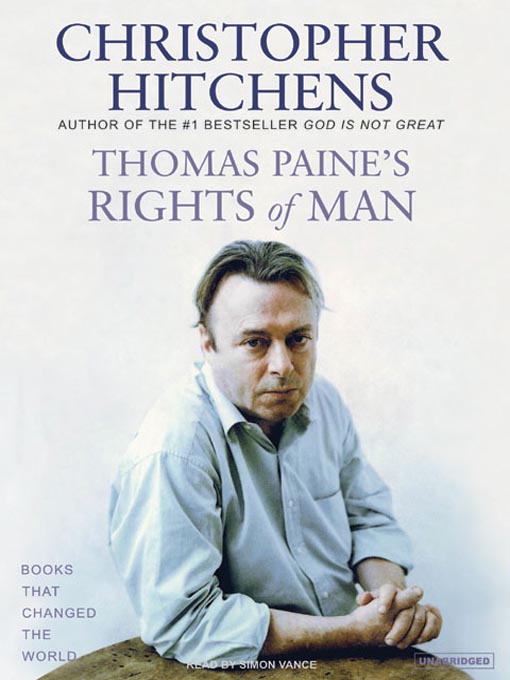- Available now
- Try something different
- NYT Bestsellers - eBook Nonfiction
- NYT Bestsellers - eBook Fiction
- New eBook additions
- New kids additions
- New teen additions
- Most popular
- Albertson Collection
- See all
- NYT Bestsellers - Audiobook Fiction
- NYT Bestsellers - Audiobook Nonfiction
- I Didn't See THAT Coming!
- Available now
- New audiobook additions
- New kids additions
- New teen additions
- Most popular
- Try something different
- See all


